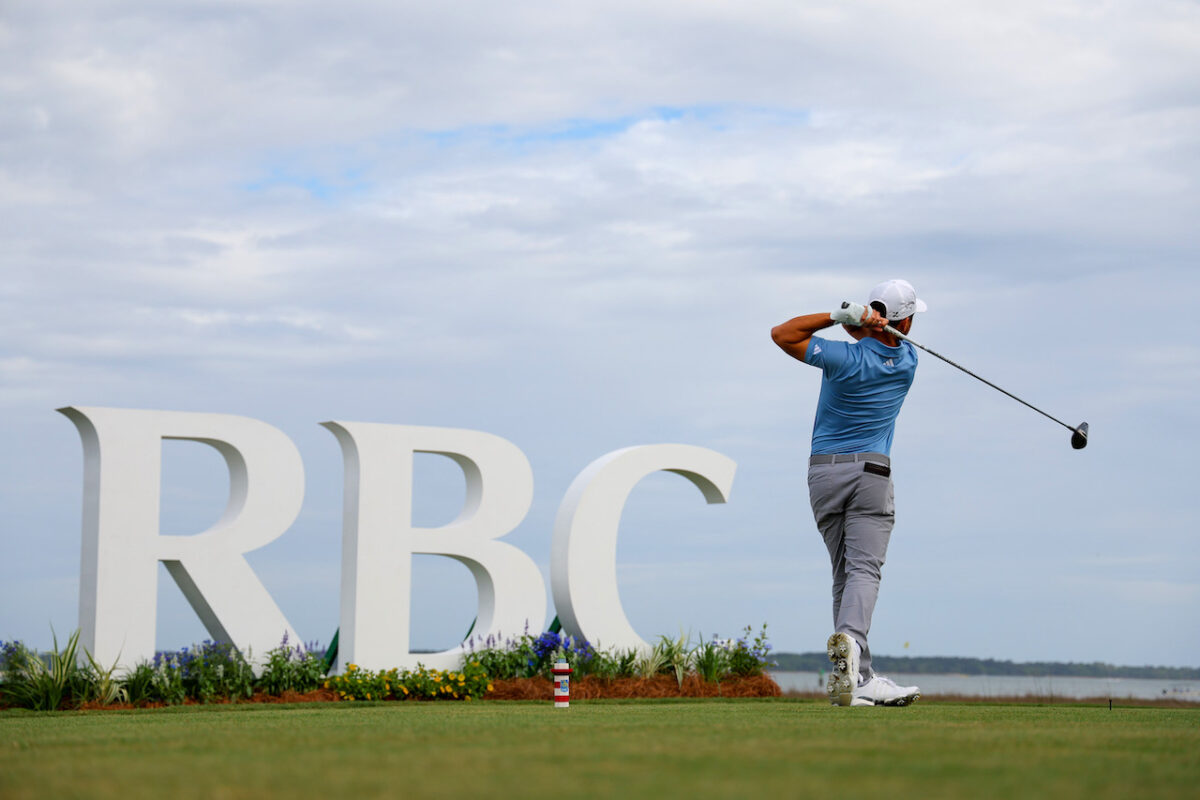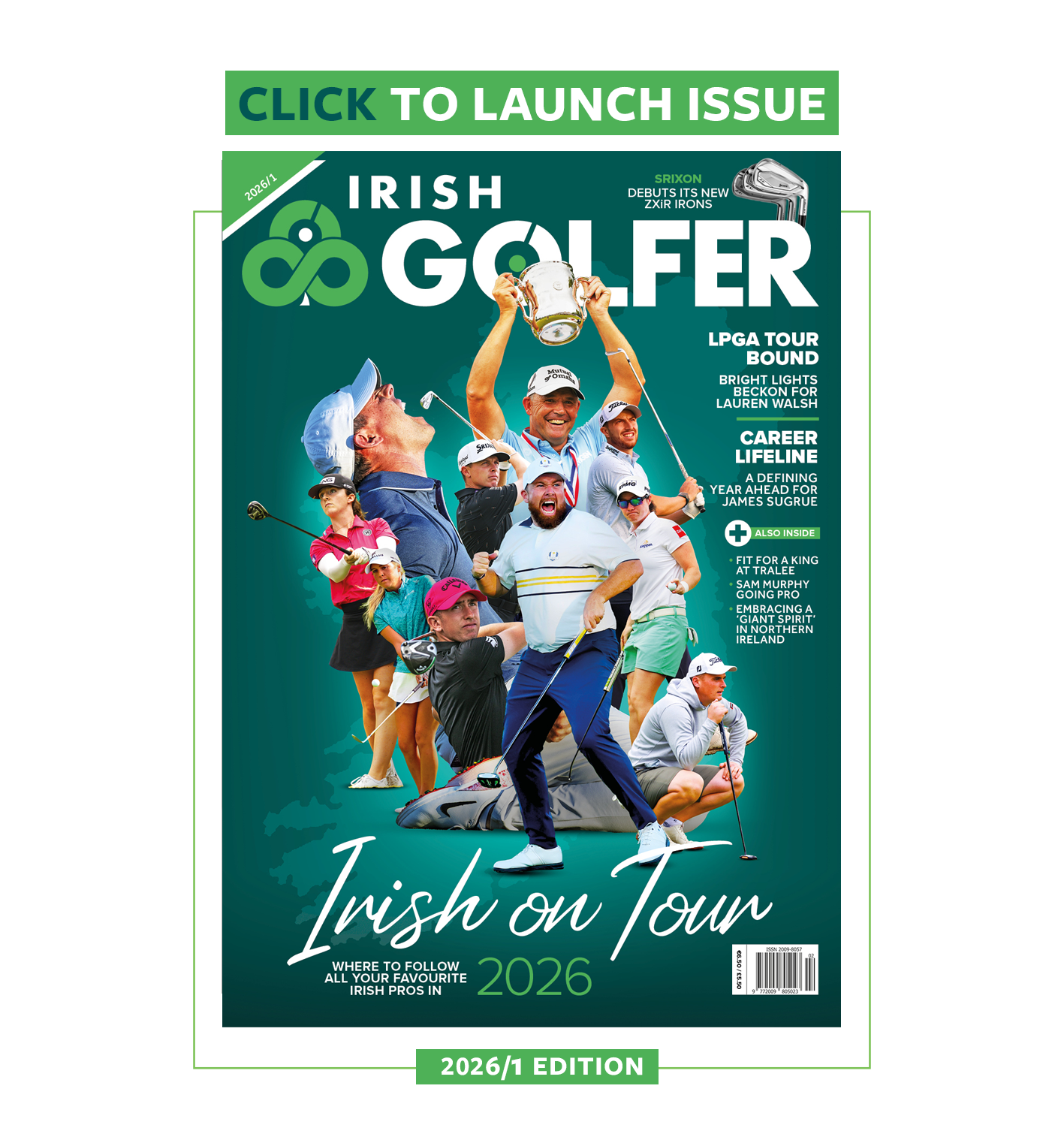Rory McIlroy’s withdrawal from the RBC Heritage this week – his second missed designated event in six – came as little surprise. If I’d just had the weekend Rory’s had, the thought of facing the media and the inevitable questions about his performance at Augusta sounds about as inviting as an invitation to stay at Bates’ Motel, never mind the prospect of attempting to string four good rounds together when your confidence must be approaching rock-bottom.
This is no attempt to excuse another underwhelming Masters performance, especially after being so bullish in the days prior – the reason for that likely lies somewhere in the six inches between McIlroy’s ears and not in his golf bag – this is more a critique of the decision to have the RBC Heritage as one of the designated events in the first place.
Getting the best players in the world together on a more frequent basis is, of course, the entire purpose of the new-look PGA Tour and a move that we’ve been crying out for for years, though The Masters is the lens through which each of the five designated events to date have been viewed.
For the best players in the world, everything that happens on the PGA Tour – and to a lesser extent in the DP World Tour’s Rolex Series events – from January to April is Augusta centric. Sure, the PGA Championship is only five weeks away, but with such a singular focus for the first three-and-a-half months of the year, why the need to ask the game’s stars to come out again the following week?
Don’t get me wrong, with Shane Lowry and Seamus Power joining Jon Rahm, Scottie Scheffler, Jordan Spieth and the PGA Tour’s other big names adds a layer of interest that is often sadly lacking the week following The Masters, but there are four other events between this week and the PGA at Oak Hill, and only one of those is a designated event.
The Zurich Classic of New Orleans is one of those that’s not a designated event. With the matchplay being removed from the 2024 schedule, surely something like the New Orleans event which sees players partner up and compete in alternate rounds of fourball and foursomes would’ve been a much better option, offering a break from the 72-hole singles strokeplay that we get 48 weeks of the year.
To his credit, Rahm hasn’t withdrawn, citing those who’ve bought tickets and the kids in particular, who want to see the Masters champion in action as the reason why he hasn’t pulled the plug. As admirable as that may be, one can only imagine that physically and emotionally Rahm is spent.
Were this not a designated event, one that he’s told he is compelled to play, there’s no way he’d have even entered. Imagine Lowry winning the Open Championship at Portrush, then teeing it up at the Spanish Open or the Czech Masters the following week. Obviously the circumstances are slightly different given Lowry’s win came at a home venue, but there’s no way he’d have been anywhere near his best.
Money aside, the majors stand alone. They are sacrosanct, and should be treated as such. There should be no designated events held the week preceding or the week following one of the four pillars of the game. Virtually nobody competing in one of the major championships is thinking about the money, and what victory will do to their already-healthy bank accounts.
To see Phil Mickelson, a man who perhaps values the dollar above almost everything else, putting in a runner-up performance having spent most of the last year languishing around the bottom rungs of LIV leaderboards with $4 million as a reward for coming first is further evidence of that.
Without the 2024 schedule set, we’ve no way of knowing how the designated events will be spread, though early reports suggest it’ll be a two-week on, three-week off basis for the big money offerings. Quite how the five-week gap between the Masters and PGA, the four-week gap between it and the US Open or the six-week gap from the US to the British will stack up is anybody’s guess, but here’s to hoping that the majors importance is rightly recognised.
But I won’t count on it.
























Leave a comment